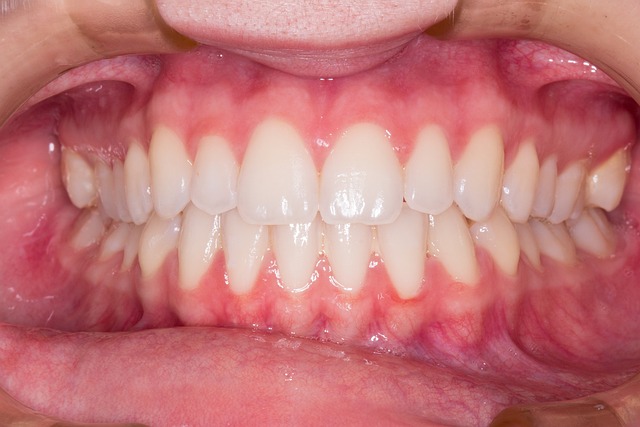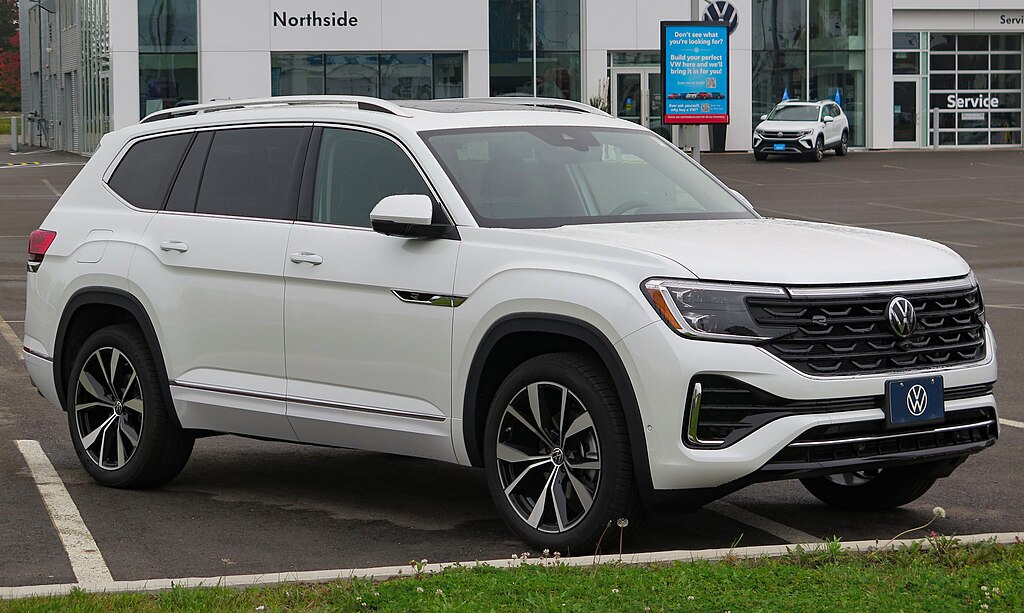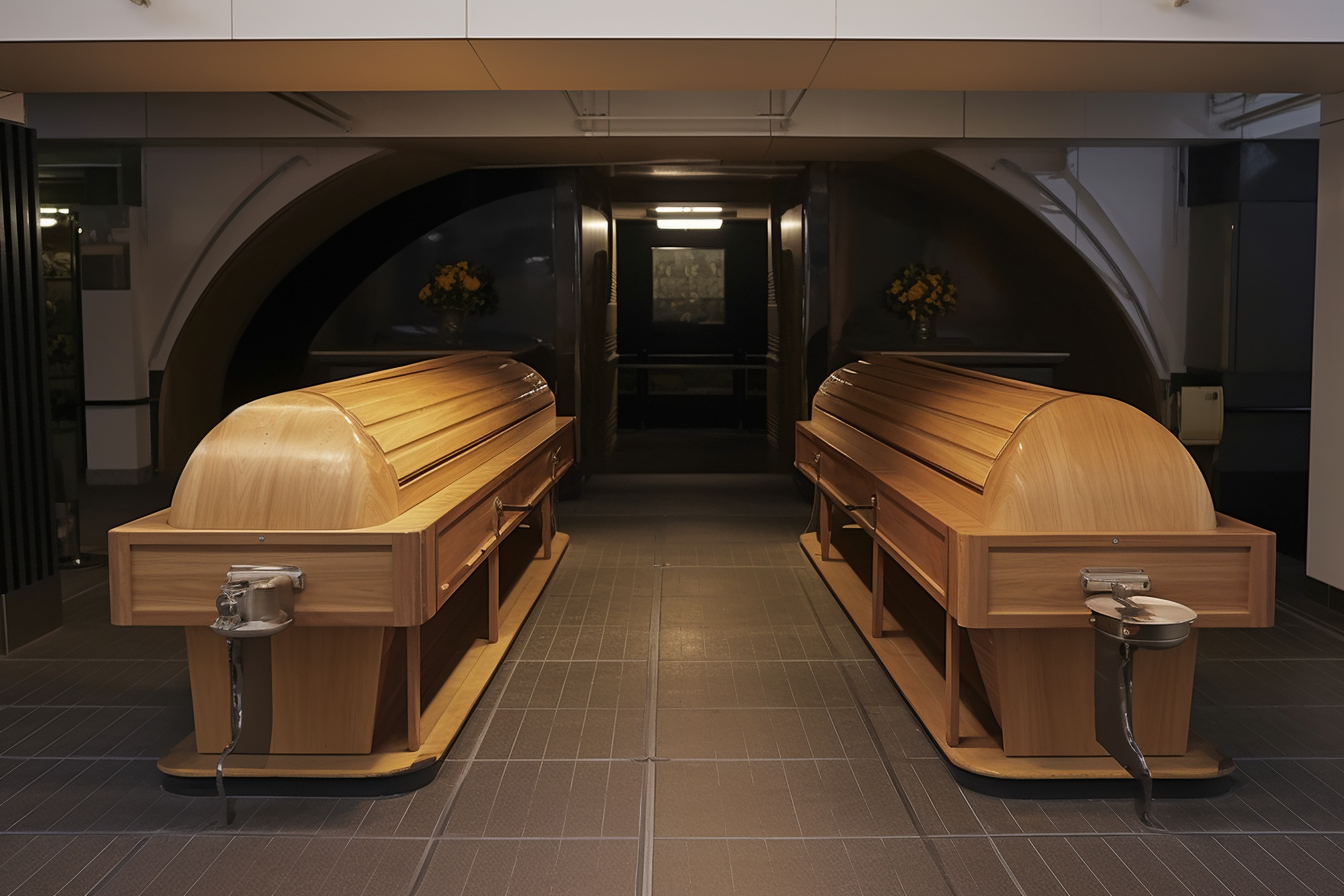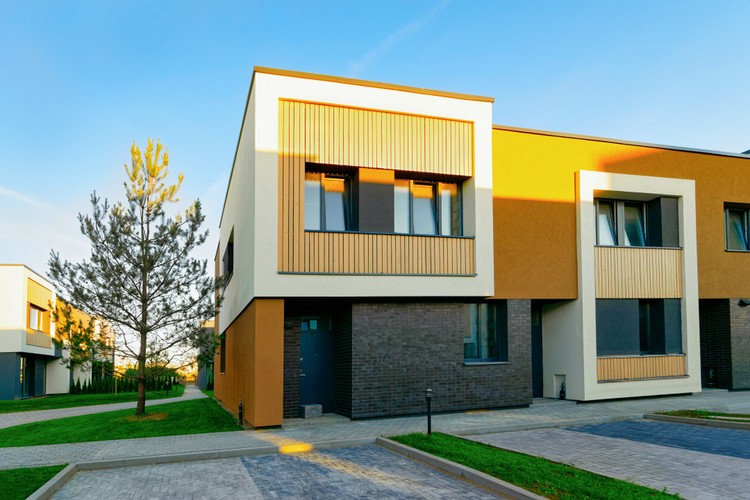Dental Implant Costs: Complete Guide for Seniors and Adults
Dental implants have revolutionized tooth replacement solutions, offering a permanent alternative to dentures and bridges. For many patients, particularly seniors, understanding the various implant options and associated costs becomes crucial when planning their oral health care. Modern dental technology has introduced innovative approaches, including screwless systems, making implants accessible to a broader range of patients seeking durable tooth replacement.

How Much Does a Full Set of Teeth Implants Cost?
A complete set of dental implants, often called “full mouth reconstruction,” represents one of the most significant investments in oral health care. The cost of dental implants for a full set typically ranges from $40,000 to $90,000 per arch, depending on the complexity of the case and geographic location. This comprehensive treatment involves replacing all upper or lower teeth with implant-supported prosthetics.
Several factors influence the total cost, including bone density, need for preparatory procedures like bone grafting, and the type of implant system chosen. Full mouth implants often require 4-8 implants per arch, with each implant supporting multiple teeth through a fixed bridge or denture system. The investment covers surgical placement, healing period management, and final restoration fabrication.
What Are Screwless Dental Implant Costs?
Screwless dental implant systems represent an innovative approach to tooth replacement, utilizing cement-retained crowns instead of traditional screw-retained restorations. The screwless dental implant cost typically ranges from $3,000 to $5,500 per tooth, including the implant, abutment, and crown. This system offers several advantages, including improved aesthetics and reduced mechanical complications.
The cement-retained approach eliminates the need for access holes in the crown, creating a more natural appearance. However, the trade-off involves more challenging retrievability if repairs become necessary. Many patients prefer this option for front teeth where aesthetics are paramount, while choosing screw-retained implants for posterior teeth where function takes precedence.
Are Implants Suitable for Elderly Patients?
Implants for elderly patients have become increasingly successful due to advances in surgical techniques and implant materials. Age alone does not disqualify patients from receiving dental implants, though certain health considerations become more important with advancing age. Bone density, healing capacity, and overall health status are the primary determining factors for implant candidacy.
Elderly patients often experience excellent outcomes with dental implants, particularly when replacing ill-fitting dentures. The improved chewing function and oral comfort significantly enhance quality of life. However, conditions like diabetes, osteoporosis, or certain medications may require additional evaluation and treatment planning modifications to ensure optimal success rates.
Understanding Cost of Dental Implants for Seniors
The cost of dental implants for seniors often involves additional considerations beyond standard implant placement. Senior patients may require supplementary procedures like sinus lifts, bone grafting, or treatment of gum disease before implant placement. These preparatory treatments can add $500 to $3,000 per procedure to the overall investment.
Medicare typically does not cover dental implant costs, though some Medicare Advantage plans may offer limited dental benefits. Many seniors explore financing options, dental insurance plans with implant coverage, or dental school clinics for more affordable treatment. The long-term value of implants often justifies the initial investment, as properly maintained implants can last decades without replacement.
Factors Affecting Overall Dental Implant Cost
Multiple variables influence dental implant cost beyond the basic implant and crown. Geographic location significantly impacts pricing, with urban areas typically charging 20-40% more than rural locations. The surgeon’s experience level, facility overhead, and local competition also affect pricing structures.
Material choices impact costs considerably. Premium implant brands like Nobel Biocare or Straumann command higher prices than value-oriented alternatives. Zirconia crowns cost more than porcelain-fused-to-metal options but offer superior aesthetics and biocompatibility. Additional procedures like CT scans, surgical guides, or sedation add to the total investment.
| Treatment Type | Provider/Location | Cost Estimation |
|---|---|---|
| Single Implant + Crown | Private Practice (Urban) | $4,000 - $6,500 |
| Single Implant + Crown | Private Practice (Rural) | $3,000 - $4,500 |
| Full Mouth Implants (Per Arch) | Specialty Clinic | $40,000 - $90,000 |
| All-on-4 Treatment | Implant Center | $25,000 - $35,000 |
| Screwless System | Cosmetic Dentist | $3,000 - $5,500 |
| Mini Implants | General Dentist | $1,500 - $3,000 |
Prices, rates, or cost estimates mentioned in this article are based on the latest available information but may change over time. Independent research is advised before making financial decisions.
Understanding dental implant costs requires careful consideration of multiple factors, from treatment complexity to provider selection. While the initial investment may seem substantial, dental implants offer unmatched durability and functionality compared to alternative tooth replacement options. Patients should obtain detailed treatment estimates from multiple providers and explore financing options to make informed decisions about their oral health care. The long-term benefits of improved chewing function, speech clarity, and confidence often justify the investment in quality dental implant treatment.
This article is for informational purposes only and should not be considered medical advice. Please consult a qualified healthcare professional for personalized guidance and treatment.




